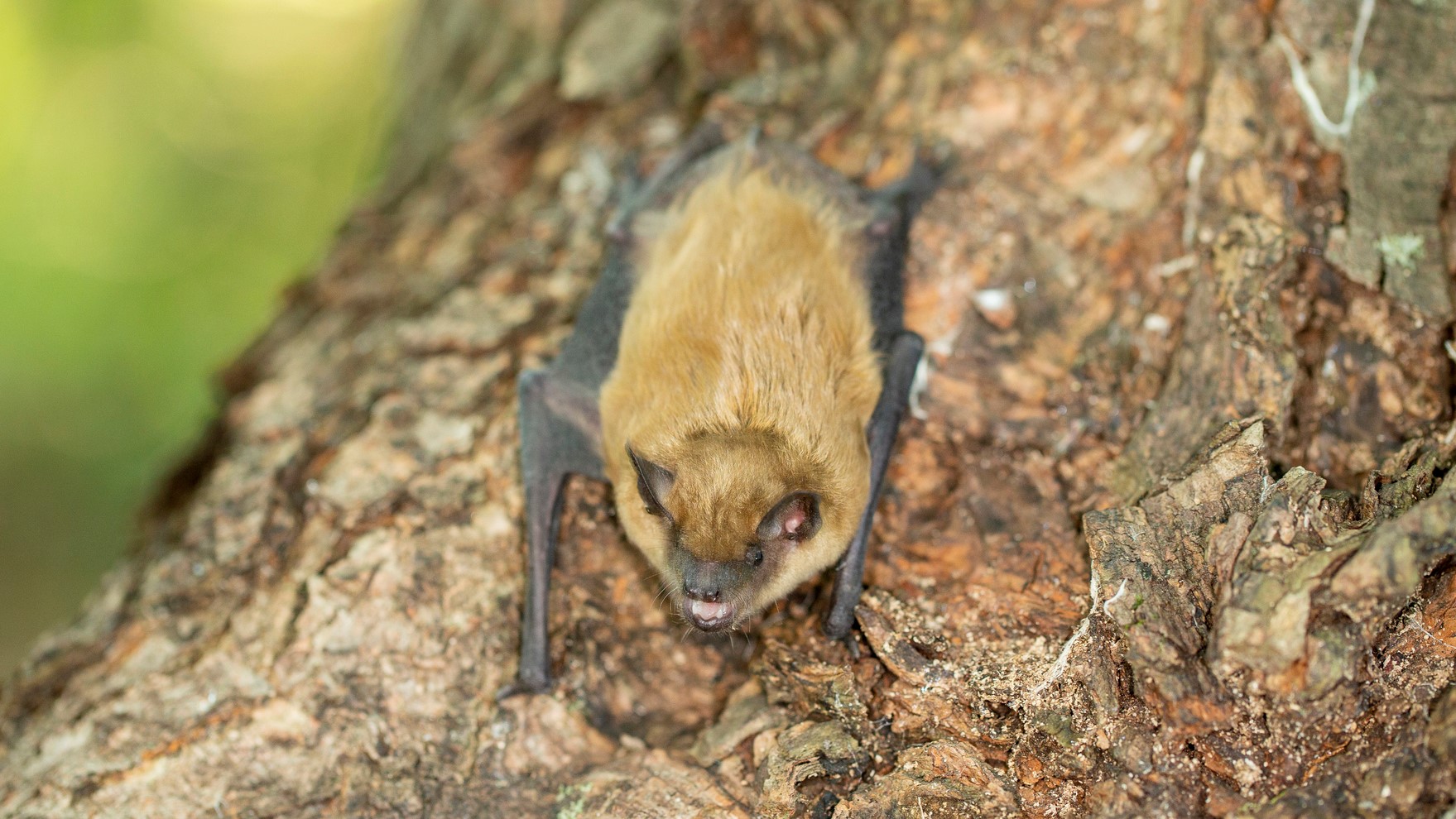Hundreds of visitors to Grand Teton National Park may have been exposed to rabies after "suspected bat colony" discovered in lodge
Park authorities are appealing for those who stayed in certain rooms at the Jackson Lake Lodge

All the latest inspiration, tips and guides to help you plan your next Advnture!
You are now subscribed
Your newsletter sign-up was successful
Hundreds of visitors may have been exposed to rabies after a suspected bat colony was found living in the attic space of a lodge in Grand Teton National Park.
According to a news bulletin provided by the Wyoming park's officials dated August 8, the colony was discovered at the historic Jackson Lake Lodge.
"Wyoming Department of Health and the Centers for Disease Control and Prevention are leading the effort to coordinate with the affected guests' local public health officials, who will conduct rabies risk assessments," states the report.
The colony was located above guest rooms 516, 518, 520, 522, 524, 526, 528, and 530, and while officials state that there is no immediate threat to the public, Grand Teton Lodge Company says it has received eight reports of overnight guests who may have been exposed to bats in the lodge since June 2.
The affected rooms have been closed, and efforts are now underway to contact all guests who stayed in those rooms between May 5 and July 27.

If you stayed at Jackson Lake Lodge this summer and think you might have been exposed to a bat, which officials explain means any physical contact, including a bite or scratch, contact Grand Teton Lodge Company at RoomsGTLC@vailresorts.com or (307) 543-3044.
Officials explain that a bat bite might not bleed or be visible or painful. If you were staying in an affected room, you will be put in touch with a public health official.
All the latest inspiration, tips and guides to help you plan your next Advnture!
"Individuals who meet the risk criteria for a rabies exposure will be connected with the appropriate provider in their home state for preventive treatment," state officials advise.
Bats are a healthy part of the ecosystem at Grand Teton National Park and little brown bats are the most common there. In September 2022, a rabid bat was found near Jenny Lake boat dock in the park.
What to do if you come into contact with a bat
Whether a bat flies into your home through an open window or you accidentally grab onto one when you’re crack climbing, you should assume that you’ve been exposed to rabies and act straight away. Bat bites are small and you won’t always know you’ve been bitten, according to the CDC, which offers the following advice:
- The best protection is to stay away from bats – if you see a bat outdoors, just enjoy it from a distance,
- Don’t touch bats – most bites occur when people try to pick bats up.
- If you realize you’ve been sharing a room with a bat, speak to your doctor immediately about your exposure risk and whether or not you need to be vaccinated.
- If you suspect you may have been bitten or scratched by a bat, immediately wash the area with soap and water, then seek medical attention.
Learn more in our article on protecting yourself against bats in the wild.
- Best binoculars and monoculars: admire wildlife from a safe distance
- Best hiking boots: hit the trail
Julia Clarke is a staff writer for Advnture.com and the author of the book Restorative Yoga for Beginners. She loves to explore mountains on foot, bike, skis and belay and then recover on the the yoga mat. Julia graduated with a degree in journalism in 2004 and spent eight years working as a radio presenter in Kansas City, Vermont, Boston and New York City before discovering the joys of the Rocky Mountains. She then detoured west to Colorado and enjoyed 11 years teaching yoga in Vail before returning to her hometown of Glasgow, Scotland in 2020 to focus on family and writing.

